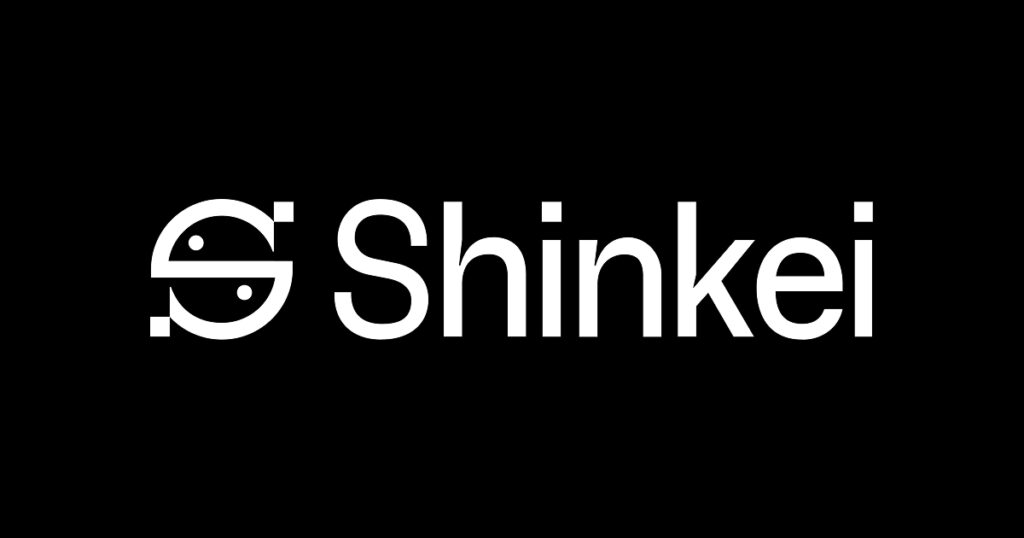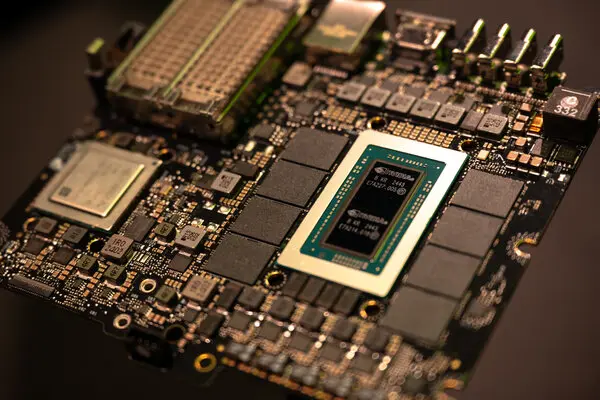Good
What it is:
A U.S. startup, Shinkei Systems, has created Poseidon, a robot that automates the Japanese ike jime fish-stunning technique—spiking the fish’s brain instantly to preserve meat quality and reduce suffering.
What it will do:
Poseidon uses computer vision to identify each fish’s anatomy, insert the spike, and perform precise cuts in about seven seconds. Operational aboard three West Coast vessels, it connects via Starlink to further train its AI in real time.
How you can benefit:
- For consumers and the industry, this means higher-quality, longer‑lasting seafood (sold for around $28 per 12 oz fillet), and more humane harvesting. For producers, it reduces spoilage and waste, and could democratize access to premium seafood beyond niche markets.

Bad
What it is:
Tesla has inked a $16.5 billion, multi‑year contract with Samsung for production of its next-generation AI6 (Hardware 6) chips at Samsung’s new Texas fabrication facility through 2033.
What it will do:
The AI6 chip is designed to scale from Tesla’s FSD driver-assistance system to Optimus robots and even AI data-center training. Tesla is also collaborating to optimize production efficiency under Musk’s direct oversight
How you can benefit:
- For Tesla, the deal supports internal chip independence and speeds mass deployment of advanced AI systems. For Samsung, this partnership boosts its struggling foundry business and may improve profitability and market competitiveness in AI chip manufacturing

Ugly
What it is:
A coalition of 20 national security experts and former officials has urged the U.S. Department of Commerce to reverse a policy that allows Nvidia to resume H20 AI chip sales to China.
What it will do:
Their letter argues H20 chips are optimized specifically for AI inference and could significantly bolster China’s frontier AI capabilities, weakening U.S. military and civilian AI dominance. They also warn that resuming sales could exacerbate chip shortages domestically
How you can benefit:
- If restrictions remain or tighten, U.S. stakeholders may maintain technological leadership and national security safeguards. For consumers and businesses, it could affect strategic access to cutting‑edge AI chips—though long‑term, it may spur domestic innovation and investment in alternative technologies






